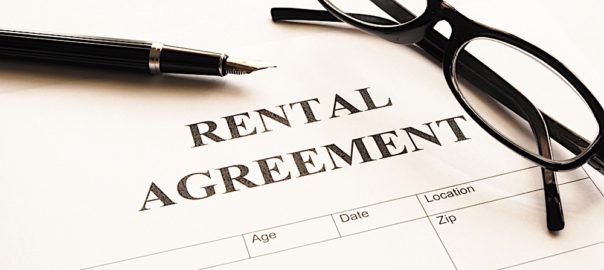What Is The Best Way To Pull Equity Out Of A Rental?
By JD Esajian on March 19, 2018
The real estate investing business is never stagnant. You are always looking to stay one step ahead of the market and on top of your portfolio at all times. With home values rising in recent years you may be thinking of how to best take advantage of it.
There are two main options for pulling equity out of your property. The obvious way is to cash out, sell your property and move on to the next one. If you want to retain your property you can explore how to refinance your mortgage or add a line of credit. With either of these options there are definite pros and cons associated. What works for a fellow investor may not align with you and your goals. Before you do anything, you need to know exactly what you are getting into. Here are some pros and cons with pulling equity out of your property.
Selling
Selling a property is a quick way to cash in on your equity and turn your attention to your next project. However, as most investors know selling any investment property is not without some strings attached. The biggest negative is that the pesky government wants their share of every dollar earned. When you realize a gain from a real estate transaction you are forced to pay capital gains. You can avoid this through a 1031 exchange but by doing so you aren’t netting as much money as you anticipate. A capital gains bill can add thousands of dollars to your tax return and greatly impact your bottom line. Also, when you sell you won’t have the benefit of any more cash flow coming in. On a well performing property you are trading short term cash for a long-term gain.
The positive with selling is that you can sell the property, make your money and move on. Not every rental property is designed to be passed on from generation to generation. Some properties are short term holds where the market dictates your decision. As much as realizing cash flow may be, it is not without some negatives. You never know when you will get a bad tenant or when something unexpected will happen with the property. By selling when the market is high you avoid having to worry about anything that can happen with the property. There is something to the old cliché about having a bird in the hand.
Refinancing
With a refinance you theoretically have the best of both worlds. You can retain ownership of the property and get the cash you want at the same time. The most important factor with any investment property refinance is equity. You will need at least 30% equity or the loan to value to be near 70%. You will also need your credit score to be excellent and have a low debt to income ratio. If you find that you are preapproved and can refinance you need to look at the numbers.
Start by figuring out how much cash you want, or need, for the transaction to be a success. It is important to remember that with any refinance you need to account for the property tax escrows and closing costs to your loan amount. This can make the loan amount much higher that you thought, thus changing the monthly numbers. Once you have an estimated loan amount, with your cash out, you can see just what the change in payment will be. Interest rates have started to edge up recently but haven’t changed too much in the last five or so years meaning your payment may only increase marginally. Only you can answer if an extra $150 a month to your payment is worth whatever cash out you are taking. The extra payment will reduce your cash flow and change the way you think about the property.
Even if your cash flow is reduced you still have ownership. Depending on your perspective this can either be a good or a bad thing. On the positive side you are still collecting rent checks, paying down your loan balance and increasing your equity. There is nothing saying that the market won’t continue to thrive, and you can’t consider selling at some point in the future. The downside is that when you do you will have a big chunk of your equity taken out. Your decision to sell or refinance should really come down to what you plan on doing with the money. If you are using it to grow your business, make improvements on other properties or eliminate some debt it can be considered a good use of funds. If you are using it simply because it is there, and you want a vacation you will probably regret it in a few years.
A final option for pulling cash out is to add a second mortgage to the property. With a second mortgage you keep your first mortgage in place and add a new loan behind it. Like a refinance, adding a second mortgage for any investment property requires strong credit scores, equity and income. Getting approved for a line of credit may be more difficult than a new first mortgage with some lenders. If you can get approved, you will have access to a line of credit to do with what you please. It acts as a checkbook with your repayment based only on what you use. There is an interest only option with a twenty-year term that can be very attractive.
Selling is not the only way to pull cash out of a property. It is a good idea to talk to your accountant to see just how much a sale, or a refinance, will impact your bottom line.